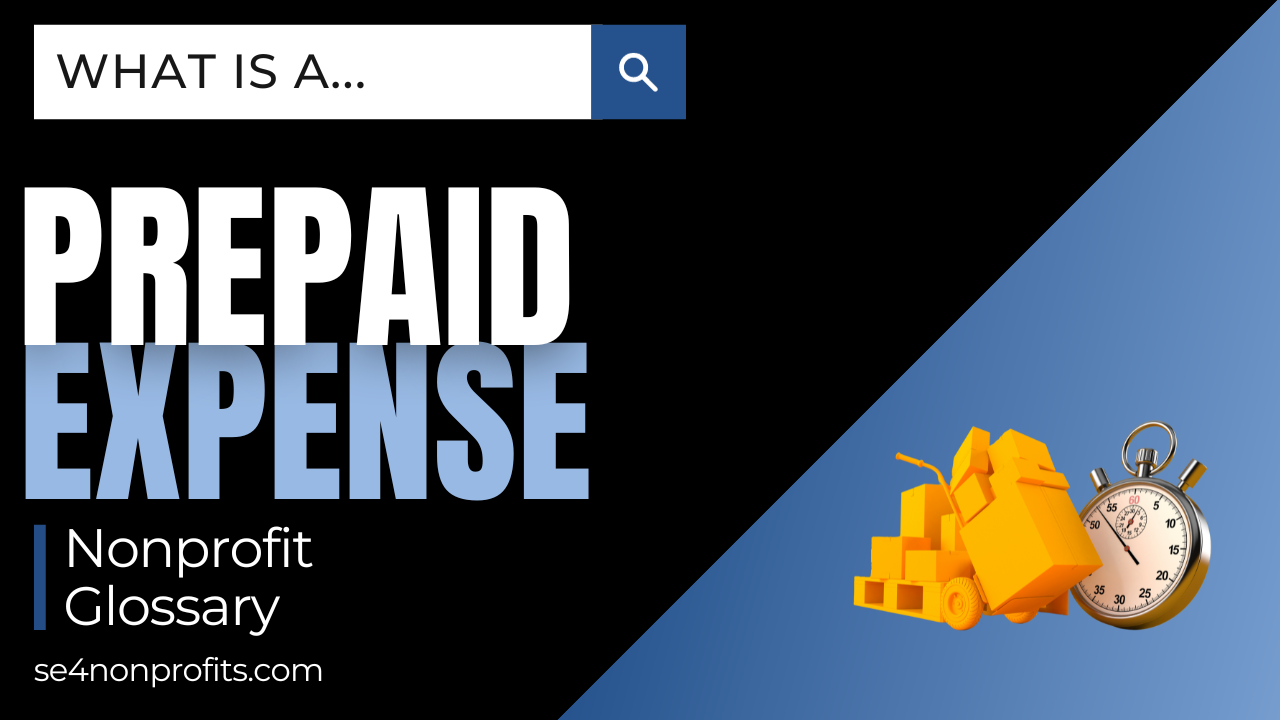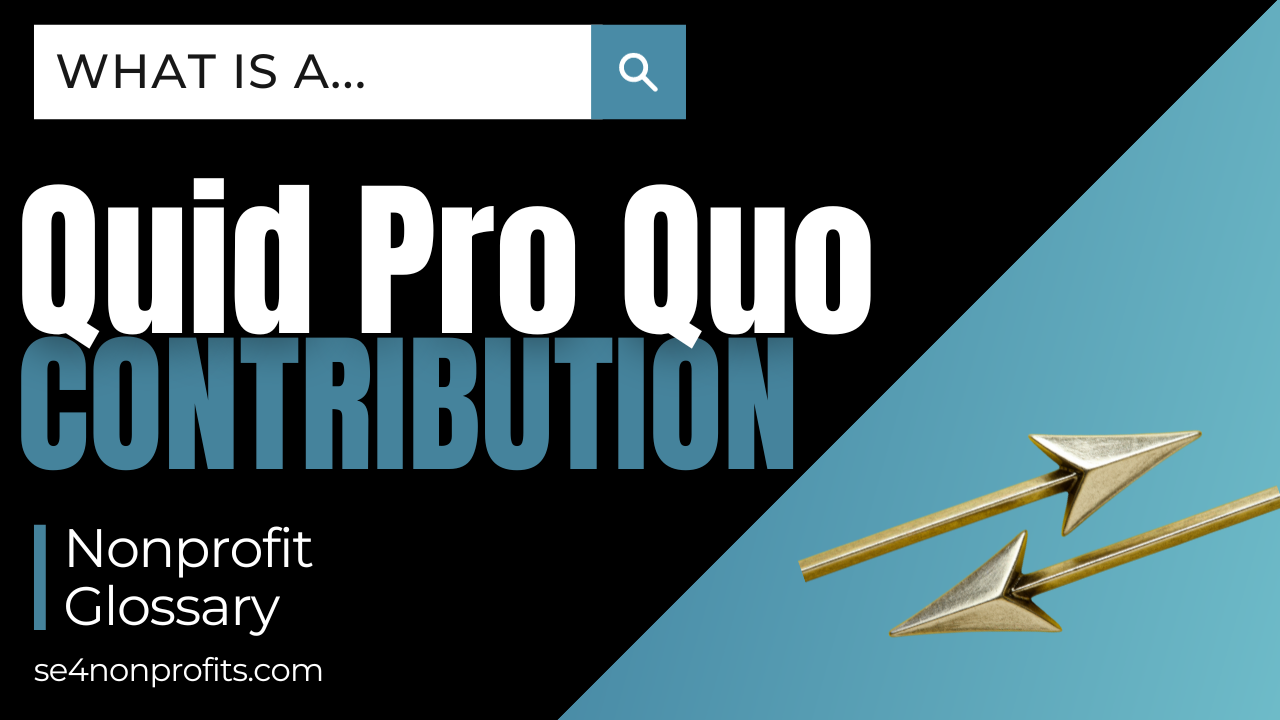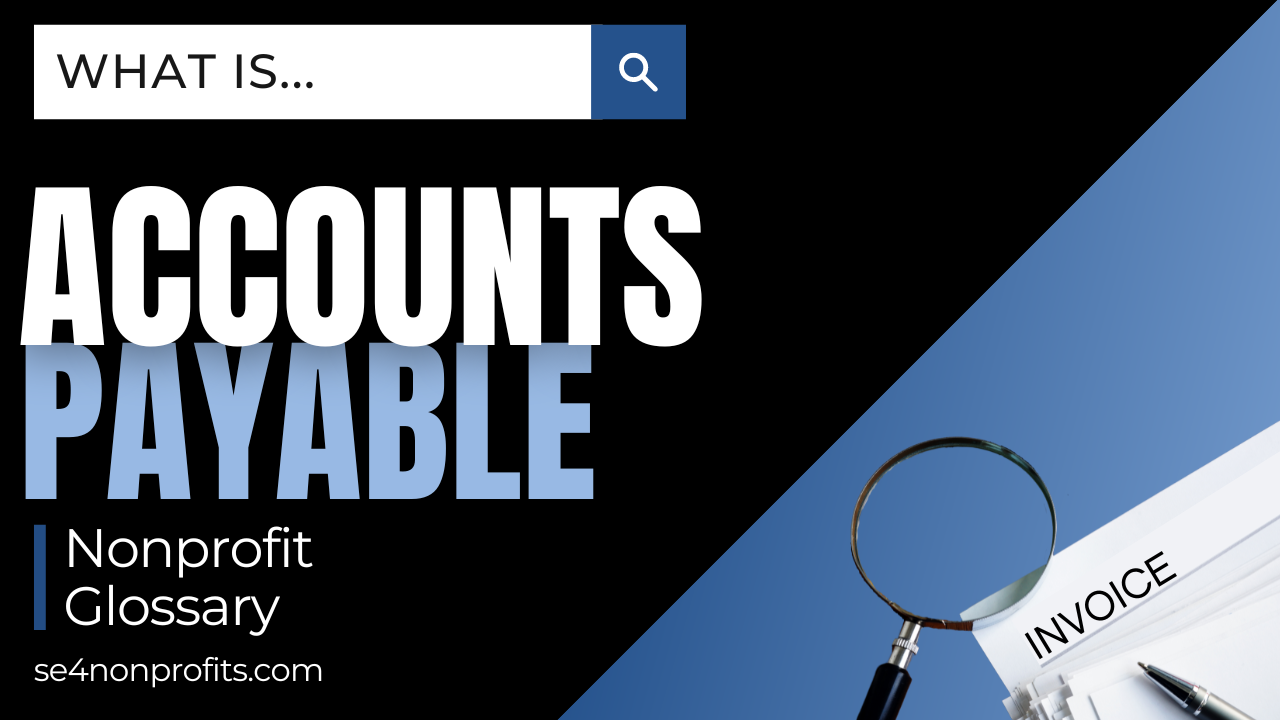
Blog.
Most Recent Posts
![Seven Key Steps for Managing Nonprofit Corporate Governance Disputes [SUBSCRIBERS-ONLY]](https://images.squarespace-cdn.com/content/v1/5e6ccadfb4659c1d51df14d5/1684850686845-BLMLI9MTHUVKFV4FHBS9/pexels-alex-neri-6721364.jpg)
Seven Key Steps for Managing Nonprofit Corporate Governance Disputes [SUBSCRIBERS-ONLY]
For most nonprofit organizations, it is a rare occurrence for internal corporate governance disputes to escalate to the point of litigation. However, court cases are sometimes unavoidable. A notable D.C. Court of Appeals decision addressed several important issues related to corporate governance challenges and illustrated some key steps nonprofits can take to better manage these disputes.

The Best Nonprofit CFOs Go Beyond the Numbers
Chief financial officers (CFOs) occupy a unique position of leadership within a nonprofit organization’s senior management team. Often, CFOs are viewed only as protectors of financial assets, immersed in the numbers and devoid of strategic thought. CFOs must work harder to shed these images and venture beyond the numbers to be thought leaders, advocates for strategic change, and catalysts for innovation to help organizations grow and advance their mission.

VIDEO PODCAST: The Downsides of Board “Give or Get” Policies
Mike and Ben discuss Board giving policies, including why nonprofit organizations have them, the components of a formal Board giving policy, and the often overlooked complications and negative consequences of Board giving policies with a "give or get" option.

Q&A #160 – Are nonprofit organizations subject to the Fair Labor Standards Act (FLSA)?
Many nonprofits are technically not subject to federal Fair Labor Standards Act (“FLSA”) wage and hour law requirements due to rules that limit FLSA applicability to organizations that meet certain “enterprise coverage” or “individual coverage” thresholds. However, this is often a moot point since nonprofits are usually subject to state wage and hour laws, many of which are built upon federal FLSA definitions and exemptions. Consequently, most nonprofits must monitor changes in federal FLSA rules carefully as these may have state law compliance implications.

VIDEO: What is an Unusual Grant? | Nonprofit Glossary
SE4N's Benjamin Takis provides a short summary of the term “unusual grant” and how this concept affects a 501(c)(3) nonprofit organization’s ability to pass the public support tests on Form 990 Schedule A, and avoid being tipped into private foundation status.

Why and How Nonprofits Use Limited Liability Companies (LLCs)
The Limited Liability Company (LLC) is a flexible and widely used entity structure in virtually every industry, from one-person businesses to some of the largest companies in the world. LLCs can also be useful as a subsidiary or joint venture vehicle for certain nonprofit programs or activities, but the use of single-member and multi-member LLCs in a nonprofit context is often misunderstood.

Q&A #159 – Should a nonprofit hire an investment advisor?
While nonprofit organizations are not legally required to use a professional investment advisor to help guide the organization with their investment management, most nonprofits correctly choose to work with a professional investment advisor. Delegating management of the investment portfolio to Board members is not a wise choice because this unnecessarily exposes the organization and its Board members to fiduciary risks related to potential compliance failures and performance shortfalls.

VIDEO: What is a Prepaid Expense? | Nonprofit Glossary
SE4N's A. Michael Gellman provides a short summary of the definition of a prepaid expense, how prepaid expenses show up on the balance sheet, and how prepaid expenses impact the operations of #nonprofit organizations.

VIDEO: Getting a Tax ID Number (EIN) for a New Nonprofit | 5-Minute Lessons 4 Nonprofits
SE4N’s Benjamin Takis provides a short lesson on how to get a tax ID number (also known as employer identification number or EIN) for a new nonprofit organization, including tips for how to most quickly and efficiently obtain the EIN and a guided walk-through of the process using the actual online application (Form SS-4) on the IRS website.

The Case Against Board “Give or Get” Policies for a Nonprofit Organization
For nonprofit organizations, especially public charities, individual Board member giving is almost always a sensitive subject. Board giving is usually an important benchmark for nonprofits and frequently is treated as a “badge of honor” when an organization can report that 100% of its Board members have made an annual contribution. Board “give or get” policies may help some organizations reach Board giving goals, but they are complex and often hard to enforce, quantify, and manage.

Q&A #158 – What happens if a fraudulent Form 1023-EZ is filed for my organization?
Despite what some unscrupulous service providers may tell you, there are potentially serious penalties for submitting a Form 1023-EZ application for an organization that is clearly ineligible to do so. In addition to revocation of 501(c)(3) status, this can include criminal fines and even prison pursuant to the Internal Revenue Code’s fraud and false statements provisions (26 U.S.C. § 7206). However, if a Form 1023-EZ was fraudulently filed without your knowledge, approval, or participation then these criminal sanctions very likely will not apply.

VIDEO: What is a Quid Pro Quo Contribution? | Nonprofit Glossary
SE4N's Benjamin Takis provides a short summary of the term "quid pro quo contribution," how it affects a donor's use of the charitable deduction, and what obligations to apply to nonprofit organizations that receive donations that are partly in exchange for goods or services.
![In the Search for Professional Services, Caring is as Important as Knowledge [SUBSCRIBERS-ONLY]](https://images.squarespace-cdn.com/content/v1/5e6ccadfb4659c1d51df14d5/1695143467556-O18KCGS7N8B5ZC1UWH9G/jc-gellidon-EH9f0TI5wco-unsplash.jpg)
In the Search for Professional Services, Caring is as Important as Knowledge [SUBSCRIBERS-ONLY]
In the search to find the best professional service providers such as attorneys, accountants, consultants, investment advisors, and real estate brokers, nonprofits often overemphasize subject matter expertise and knowledge. However, if the service provider does not display a caring attitude and willingness to understand the organization’s unique needs, mission, and culture, the results will not be what the organization expected.

What Many Nonprofits Misunderstand About Employee Probationary Periods
A new hire’s first few months with a nonprofit organization is a crucial time for onboarding, communicating expectations, and setting up the employee to achieve success. However, the common framing and messaging of this time as a “probationary period” has led to many misunderstandings about the legal status of new employees and what employers should be aspiring to achieve during this introductory phase.

VIDEO: What is Accounts Payable? | Nonprofit Glossary
SE4N's A. Michael Gellman provides a short summary of the definition of accounts payable, the distinction between accounts payable and accrued expenses, and key considerations nonprofit organizations should keep in mind when dealing with accounts payable.